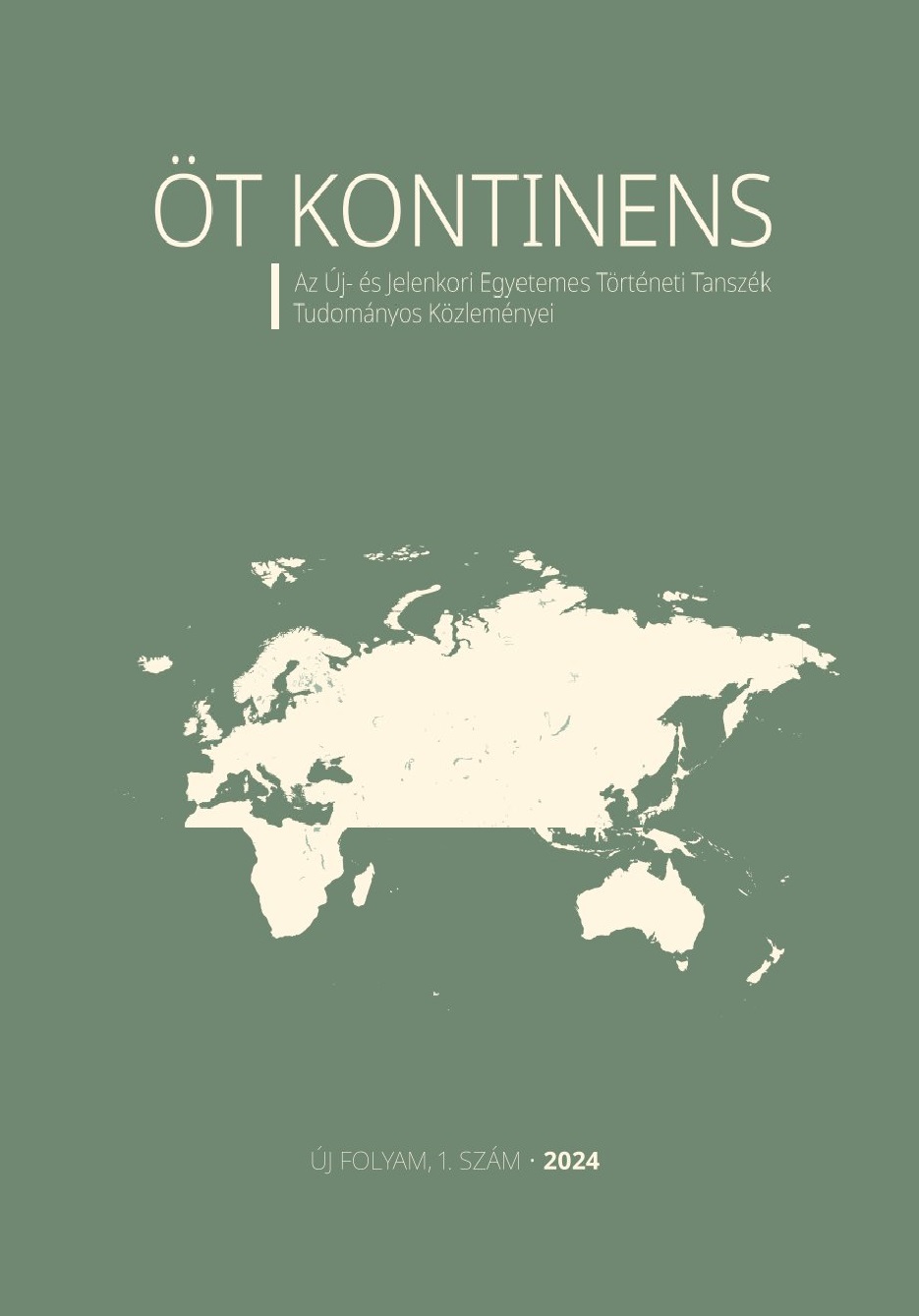Geopolitikai változások, modernizációs stratégiák és a szubimperializmus koncepció újragondolása: a brazil eset
DOI:
https://doi.org/10.61498/OK2024-1.11Absztrakt
The aim of this study is to analyze theoretical questions using examples from the main geopolitical changes occurring worldwide. In the 1980s and 1990s, in the three semi-peripheral regions of the world, namely Southern Europe, Latin America, and Eastern-Central Europe, authoritarian and bureaucratic dictatorships collapsed. Subsequently emerging countries, including members of the BRICS-group, began to play a significant part in world politics. In Latin America, the era of the so-called „Exceptional States,” followed by a transition to democracy, came to end, resulting in hybrid political systems. New regional integrative organizations such as Mercosur, UNASUR, the Sanghai Cooperation Organization, the Asia- Pacific Economic Cooperation, and the Eurasian Economic Union were reorganized and established. During the years of transition, international relations underwent significant changes. The bipolar world system gradually gave way to a multipolar system. Concurrently, the notion of „sub-imperialism,” initially developed by Ruy Mauro Marini in the 1970s, began to be reconsidered and reevaluated. This shift prompted several questions: Is the concept for mulated by Ruy Mauro Marini fifty years still applicable today? Can it effectively describe phenomena unfolding during this period? Should we classify Brazil as a great power or as a sub-imperialistic state?

